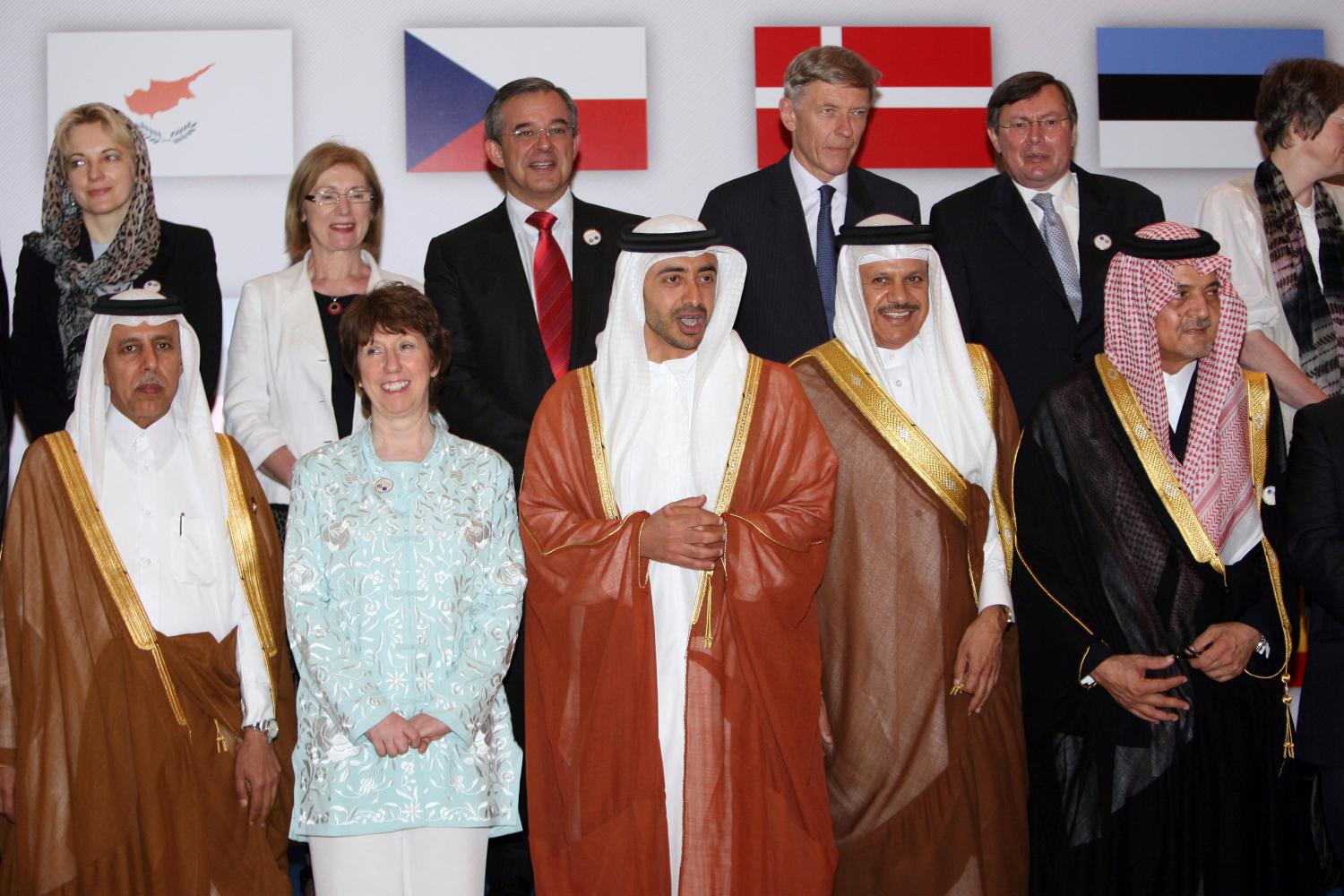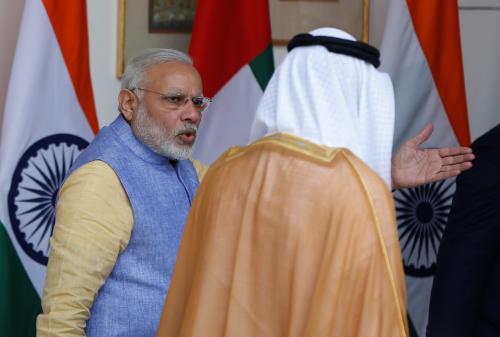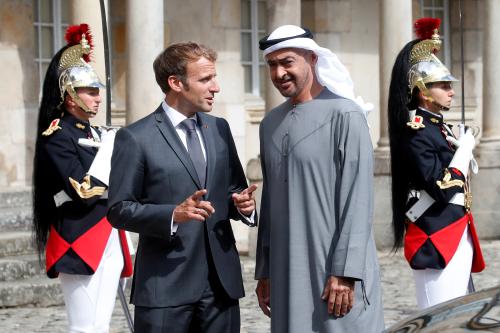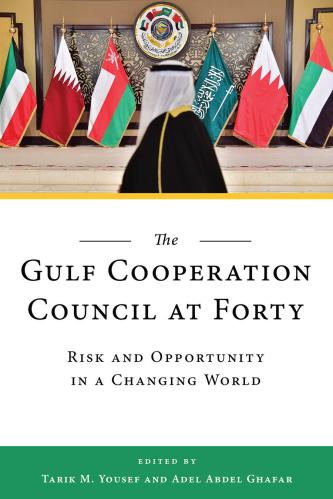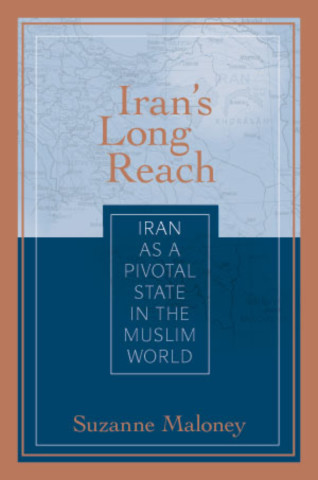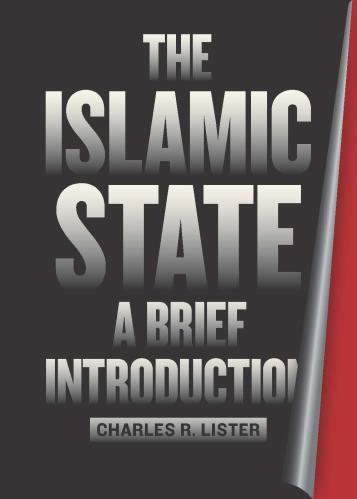Content from the Brookings Doha Center is now archived. In September 2021, after 14 years of impactful partnership, Brookings and the Brookings Doha Center announced that they were ending their affiliation. The Brookings Doha Center is now the Middle East Council on Global Affairs, a separate public policy institution based in Qatar.
Relations between the Gulf countries and the European Union have been tested by the events of the Arab Spring. Despite an alignment of interests on several fronts – from Syria to Yemen – the looming question of internal reform within the Gulf itself presents a growing challenge for EU-GCC ties. This comes alongside a range of other dilemmas, from disagreements within each bloc to the historic strength of bilateral over multilateral relations. What, then, are the prospects for a more strategic partnership between the European Union and the Gulf Cooperation Council in the aftermath of the Arab Spring?
A new joint paper published by the Brookings Doha Center and FRIDE, Toward a Strategic Partnership? The EU and the GCC in a Revolutionary Middle East, explores the ties between the two blocs as they struggle to respond to the seismic changes affecting the region.
The paper draws on a roundtable discussion held at the Brookings Doha Center, with the support of the European Commission, which brought together academics, researchers, and diplomats from the Gulf region, the European Union, and the United States. It finds that despite a range of significant challenges, opportunities remain for a more substantive relationship between the EU and the GCC that furthers mutual interests while contributing toward more meaningful reform within the Gulf.
The Brookings Institution is committed to quality, independence, and impact.
We are supported by a diverse array of funders. In line with our values and policies, each Brookings publication represents the sole views of its author(s).
